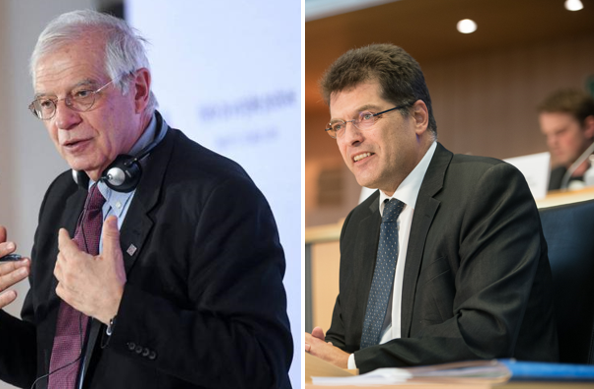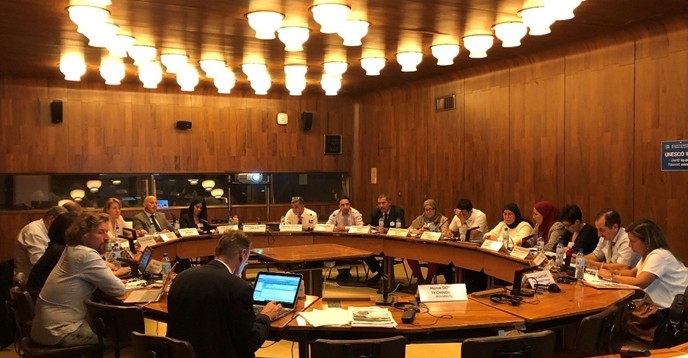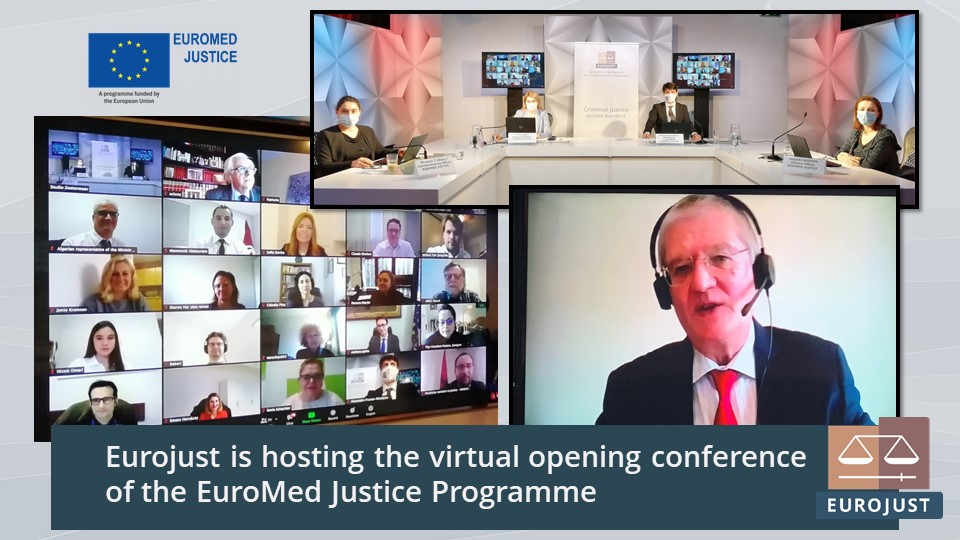Morocco: focus on victim protection in meeting to discuss human trafficking

A study day has been held in Rabat to discuss Morocco’s institutional framework for combating the trafficking of human beings and the protection of its victims. The event was part of the GLO.ACT programme (‘Global Action against Trafficking in Persons and the Smuggling of Migrants’), funded by the European Union and UNODC – the United Nations Office on Drugs and Crime.
The new national legal framework for combating trafficking in human beings provides for the creation of a national commission to coordinate government action on trafficking and to facilitate access by victims to various public services such as social and medical assistance.
The study day brought together government and civil society actors to develop recommendations aimed at establishing a coordinated multi-sectoral institutional response, focused on the protection of victims.
Speaking ahead of the event, Head of Cooperation at the EU Delegation to Morocco Philip Mikos said: “We are pleased as the European Union to accompany this project. The big challenge of anti-trafficking laws is to provide the necessary protection to victims, who are not necessarily nationals, and therefore in this case, are particularly vulnerable.”
GLO.ACT is an €11 million joint programme funded by the European Union and UNODC and implemented in partnership with the International Organisation for Migration (IOM) and the United Nations Children’s Fund (UNICEF) in 13 countries in Africa, Asia, Eastern Europe and Latin America, including Morocco. GLO.ACT supports the design and implementation of national strategies against trafficking in persons and smuggling of migrants, based on an integrated approach to prevention, protection, prosecution and partnerships.
Read more



























 Syria
Syria 



